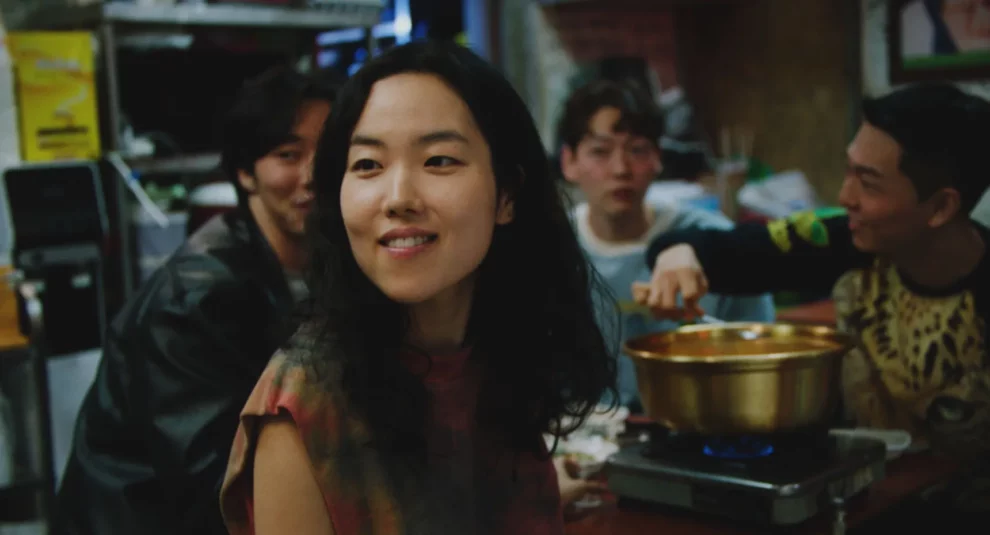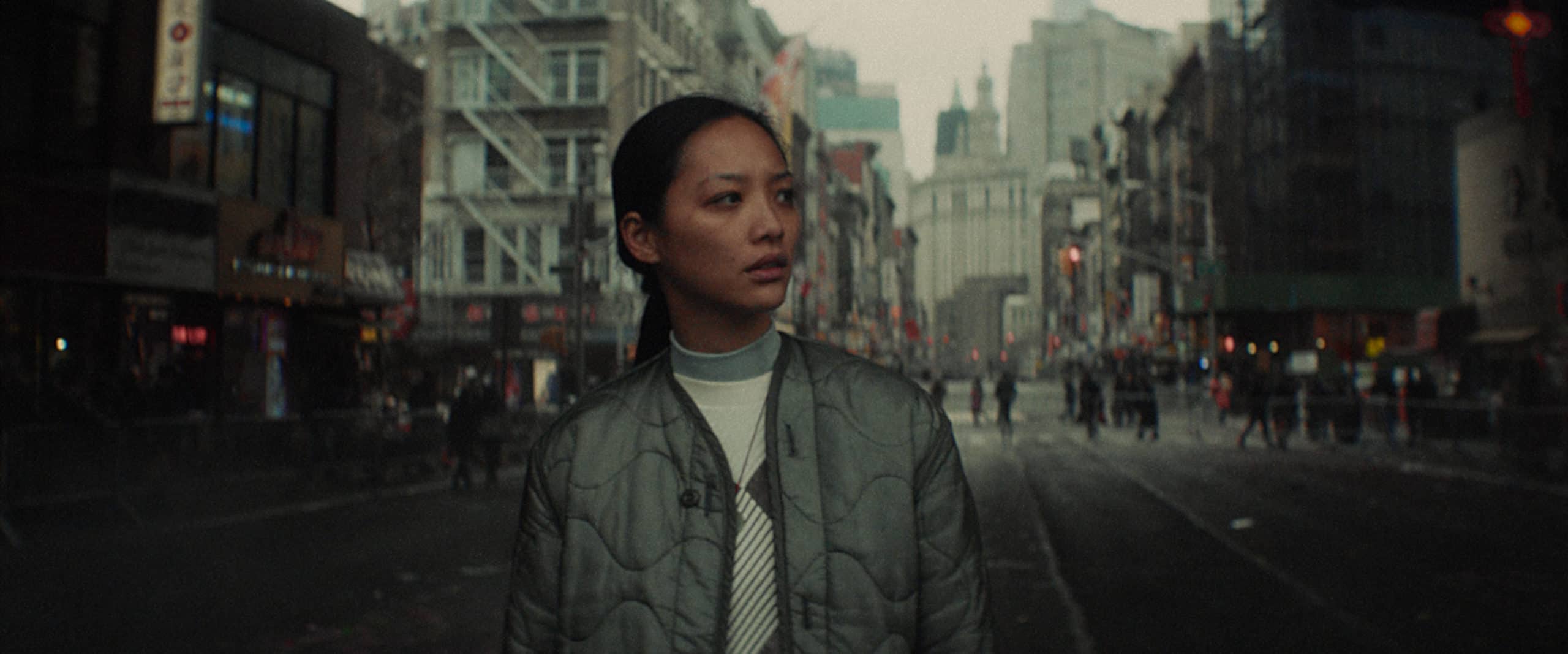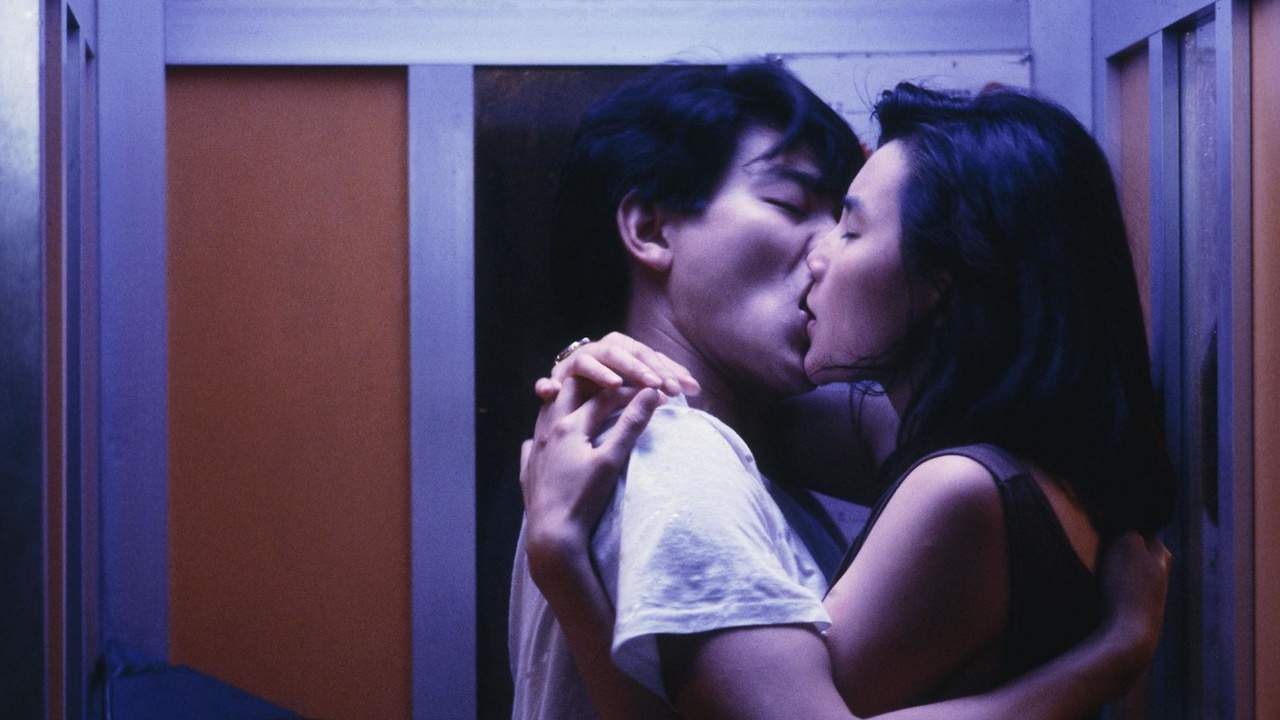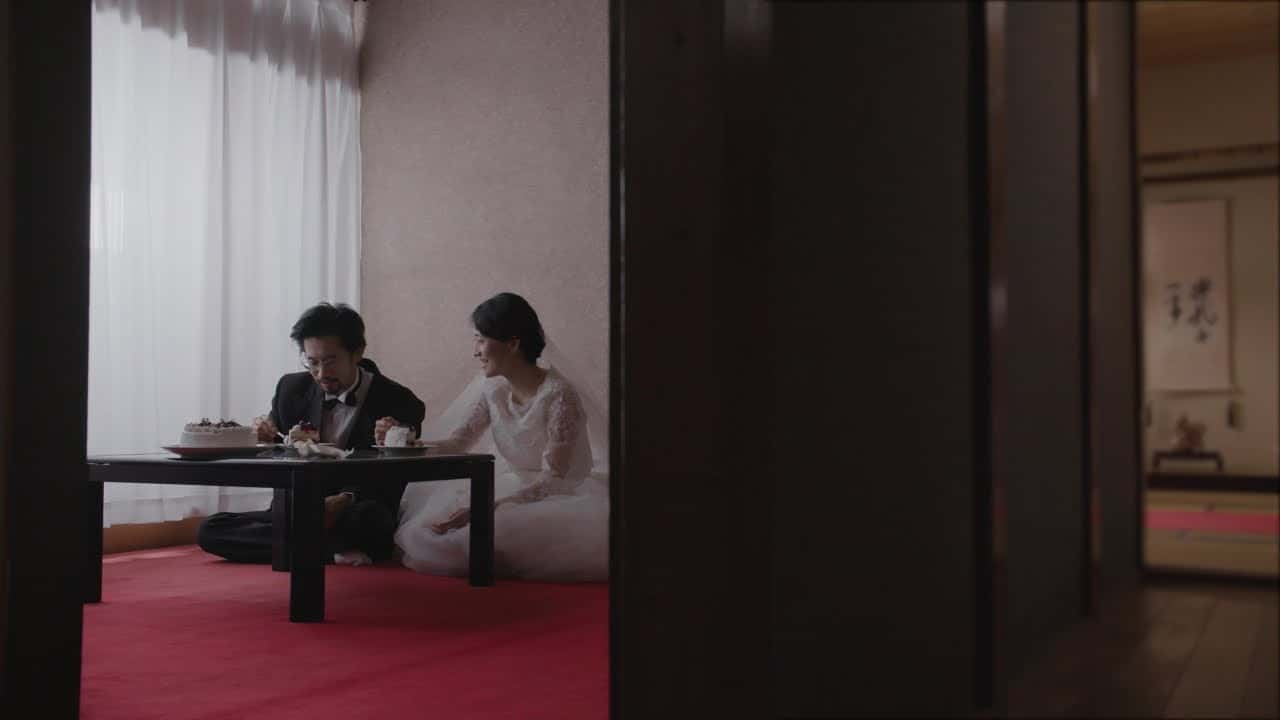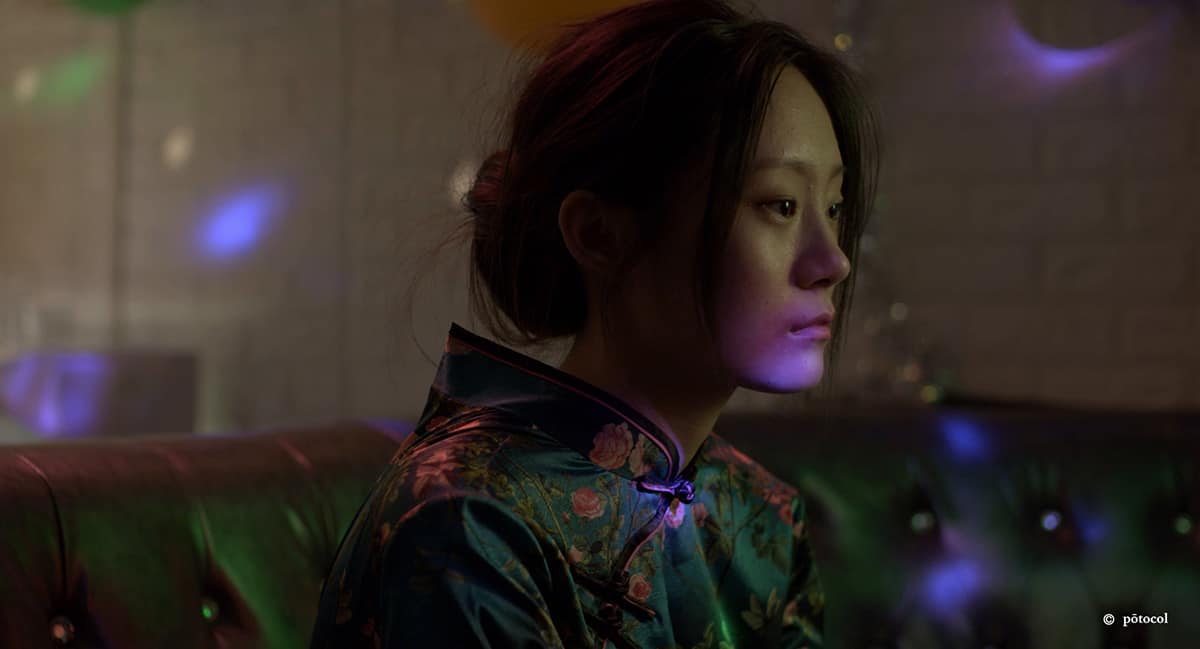Awards season is in full swing, and Davy Chou's “Return to Seoul” was in the center of all the buzz. Chou's film made it to the ten shortlisted films for Best International Feature – a coveted position that in previous years included winners like “Parasite” (2019) and “Drive My Car” (2021) — and this time represented, for the first time, Cambodia's bid for the Oscars. As the title indicates, however, “Return to Seoul” is not about Cambodia at all. It instead tackles the slipperiness of national identity.
Return to Seoul plays in SF Bay Area theaters on 24 February 2023.
Chou's sophomore feature follows the coming-of-age revelations of the fictional Freddie Benoit (Park Ji-min), a Korean adoptee raised by French parents. By a stroke of luck (or is it fate?) she finds herself in Seoul for the first time since her birth, at age twenty-five. Over the course of eight years, Freddie reluctantly – then with full force – embarks upon a search for her biological parents. She wrestles with her identity at each stop along the way. From an innocent romance at a guesthouse to underground warehouse raves, from encountering her sorrowful father to searching for her distant mother, Freddie cannot help but ponder. Is she French? Korean? Does nationality or language even matter, so long that she looks the same on the outside?

Chou homes in on Freddie's discomfort with her own background by almost exclusively filming her reactions with other Koreans brought up in Korea. In a film that consists mostly of medium shots, it is almost impossible to really tell where Freddie is at one point in time; in fact, the Korean scenery is negligible. Instead, Chou pays attention to language. When Freddie meets Tena, another Francophone Korean, she immediately bursts into bubbly informalities. Her elementary-level Korean skills chafe, however, against the extreme formality of other Koreans she meets. She stumbles along in a mix of informal Korean and English; her frustration with local etiquette comes across on her face. Chou reveals a portrait of a soul both liberated and constrained by the expectations of Korean society, where Freddie continues to try, fail, and revolt against the Korean feminine standards set upon her.
Park Ji-min's portrayal of Freddie plays no small part in this. Though this is the artist-turned-actress' feature debut, Park Ji-min breathes some life into her character's tortured soul. The performance is overall inconsistent, however. Sometimes, resentment burns bright in her eyes as she tries to pave her own destiny; other times, Park Ji-min surrenders to a malaise in a nonchalant portrayal of an otherwise fiery character. Chou's insertion of Korean pop music – mostly from the 1970s and 1980s – accentuates Freddie's mixed feelings. What does it mean to yearn for something that one never really knew to begin with? What does it mean to be perceived as a part of the in-group, when one feels that they will always be outsider?
Though “Return to Seoul” premiered at the same time as Hirokazu Koreeda's “Broker,” another non-Korean feature about Korean adoptees, Chou asks fundamentally different questions from Koreeda. The Japanese wonders aloud about what it means to find a family; Chou demands what it means to find oneself. In the same vein as Frantz Fanon and Sartre, Chou openly asks his viewers to think about the nausea of the racialized body outside, or within, of one's “homeland.”
(Perhaps this is just as a French armament dealer suggests to Freddie. Over a date, he laughs that Freddie is akin to a Trojan horse, as a person who appears Korean but thinks like a Frenchman. The delineations become muddier as she becomes more acclimated to the language, however. Who is she actually invading? Is she more on the side of the colonist or the colonized?)
“Return to Seoul” provokes more questions than it does answer. Chou masterfully steers his production into this open-ended conversation, inviting his viewers to reflect upon a experience that could be just as distant to themselves. There is more to the Self, Chou insists, than what first meets the eye.


